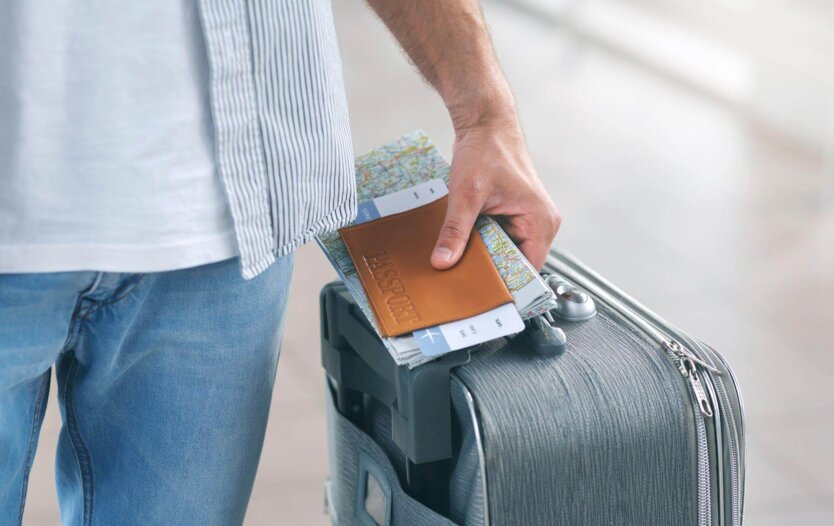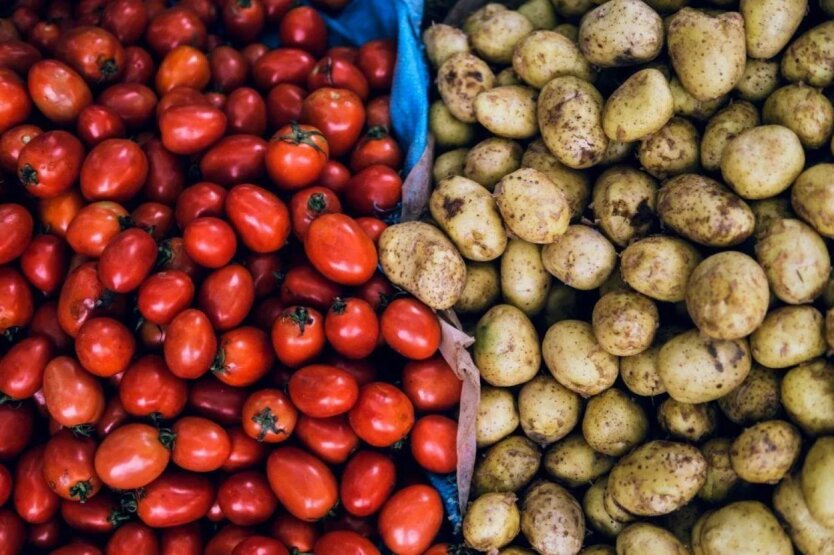Inheritance rules during wartime have changed: how not to lose property and avoid court.


The Ministry of Justice of Ukraine explained the main aspects of inheritance, warning that ignorance of the law can lead to loss of rights to inheritance or to legal disputes.
Inheritance opens on the day of a person's death or from the moment of their recognition as deceased. If several people die simultaneously, inheritance opens simultaneously for all. If a person has been rehabilitated, the date of opening the inheritance is considered to be the date of the decision on the restoration of their rights.
The place of inheritance is determined based on the last registered place of residence of the deceased. If this place is unknown, the inheritance opens at the location of the main part of the property - first at real estate, and if it is absent - movable property. Special circumstances are also taken into account, such as the address of service or study for military personnel or students, the address before arrest for convicts, the address of a monastery for monks. For residence abroad, the norms of international private law apply.
In case of war, the inheritance process can be opened at any notary in Ukraine if the region is under hostilities or temporarily occupied.
An application for acceptance of inheritance must be submitted within six months from the moment of its opening. If this period is not observed, inheritance rights may be lost.
The heir has the opportunity to refuse the inheritance; however, such a decision becomes final after the six-month period. The refusal cannot be conditional, but can be executed in favor of another heir through notarial certification.
There is a mandatory share in the inheritance that belongs to disabled children, minor children, parents, or the spouse of the deceased, regardless of the existence of a will. These persons are entitled to half of the statutory share of the inheritance.
There is also the possibility of inheritance by right of representation, when the share of the person leaving the inheritance passes to their descendants, such as children, grandchildren, etc., in case of the heir's death beforehand.
To register the inheritance, it is necessary to confirm family ties through a birth certificate or marriage certificate. If such documents are absent, it is necessary to apply to the court for official establishment of kinship.
The clarification also points out the taxation of inheritance. For close relatives, the tax rate is 0%, for other individuals - 5%, and for non-residents - 19.5%. Exemptions from inheritance taxes are provided for the primary place of residence of the deceased, if certain requirements are met.
It is important to note that from 2025, the transfer of inheritance will be impossible.
Analysis
The clarification from the Ministry of Justice of Ukraine regarding inheritance provides detailed information about key aspects of this process, such as the Time and place of opening the inheritance, the right to refuse the inheritance, the mandatory share, and inheritance rights in wartime, etc. This information is extremely important for citizens who need to conduct inheritance, as ignorance of the law can have negative consequences. It is important to comply with the established legal deadlines and conditions, as well as to have all necessary documentation to confirm kinship. The clarifications also focus on the taxation of inheritance and exemptions from relevant taxes in certain cases. This information can help people make informed decisions regarding the acceptance or refusal of inheritance, taking into account all important aspects.
Read also
- Zelensky announced synchronization of sanctions with the West and decisions on international conventions
- Ukrainian men will need another document to leave Ukraine: what has changed
- Without this, pensions will not be credited: thousands of elderly people face a problem
- Almost 1000 hryvnias to pension: additional payments for a special category of elderly people introduced in Ukraine
- It's Time: Graham Claims Trump Gave the Green Light for Harsh Sanctions Against Russia and Its Allies
- Three times cheaper: prices for young potatoes have fallen in Ukraine, how much do tomatoes cost










